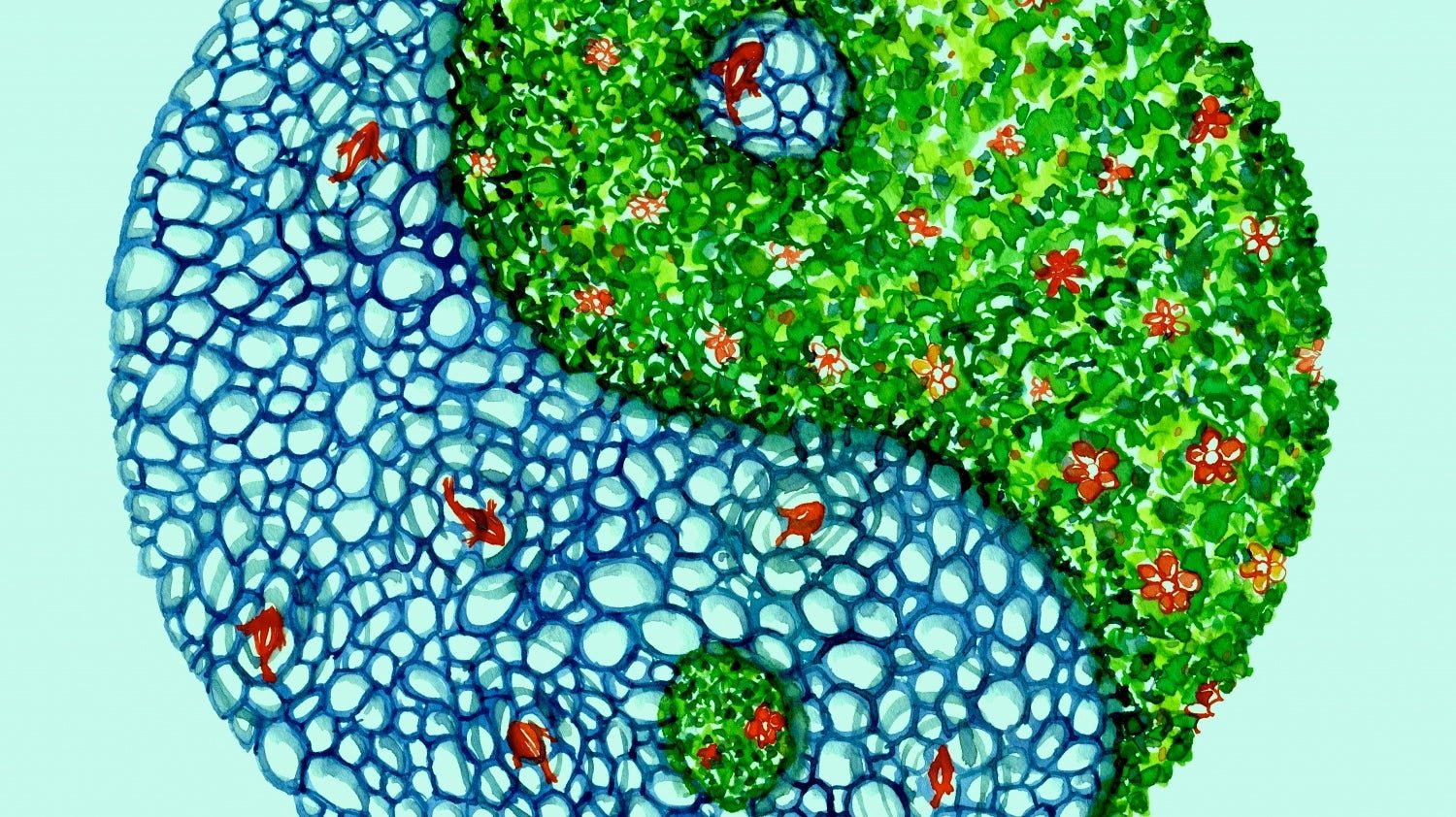The Tao Te Ching is a guide to life in the time of Trump
It is the time of Trump, and resisting won’t change that. Luckily, there’s a guide to help you interpret, accept, and even excel in a challenging era, an ancient text with the secret to dealing


It is the time of Trump, and resisting won’t change that. Luckily, there’s a guide to help you interpret, accept, and even excel in a challenging era, an ancient text with the secret to dealing
The Tao Te Ching, or Book of the Way, is a terse puzzle in two parts and 81 verses, illuminating nature, desire, politics, society, success, failure, life, death, and the universe. According to Chinese legend, it’s the wisdom of Lao Tzu, a sage in the 6th century BC who was spotted escaping civilization for mountain solitude and was urged to share his pearls. He did so reluctantly, saying: One who knows doesn’t speak; one who speaks doesn’t know.
Written in deceptively simple verse, the mysterious Tao at first sounds nonsensical; Lao Tzu recognizes this, stating that the best hear the way and practice, the average grasp fleetingly, and the worst laugh at its lessons. With reflection, however, the guide makes an incomprehensible, complex universe with competing truths manageable, and almost understandable.
The Tao’s true history is shrouded in mystery. Scholars can’t agree on when it was actually compiled—maybe the 4th Century BC, possibly by multiple authors. Regardless, its wisdom is recognized as singular. It is one of the world’s most influential historical texts–along with the Torah, Bible, Koran, and Vedas—a source of continual interest to scholars, mystics, and literati worldwide. Translations and interpretations abound; the novelist Ursula Le Guin published a rendition in 1997, for example.
The British philosopher Alan Watts studied and taught the Tao’s lessons on the yin-yang of fortune and misfortune. He believed that true freedom is possible under any circumstances, attained with discipline, and by practicing not choosing between this and that, good or bad, but using all of life’s material.
Opposites are complementary and interdependent parts of a whole, like light and dark, or form and formlessness. Without a left there can be no right, without a day, no night, etc. The Tao reminds us to recognize this and benefit, rather than resist.
Thirty spokes share one hub. Adapt the nothing therein to the purpose in hand, and you will make use of the cart. Thus what we gain is Something, yet it is by virtue of Nothing that it is put to use.
From a Taoist perspective, everything is necessary. The loathsome provides contrast for the lovely, and all exist in relation to each other, including what’s between the extremes. Whether or not we adapt, things will happen that we can’t understand. The significance of events isn’t often evident in the moment, though we may scramble to make it so journalistically.
What seems like loss today may later be gain. As the Tao states: It is on disaster that good fortune perches; It is beneath good fortune that disaster crouches. Or, as the novelist Kurt Vonnegut put it, “The truth is, we know so little about life, we don’t really know what the good news is and what the bad news is.”
In light of that fact, all news is fine. It is what it is. But seeing this, and keeping cool, can be tough. Accommodating complexity and going with the flow is a cultivated habit. Once mastered, like philosophical alchemy, it transforms existence from a competitive and emotional roller coaster ride into a journey of discovery.
The open mind required for freedom is demonstrated in a Taoist parable about a farmer whose horse runs off. When neighbors hear the news, they say it’s bad, and he replies, “Maybe.” The next day, his horse returns with seven more horses and the neighbors congratulate the farmer, saying it’s great. “Maybe,” he answers. Then, his son breaks a leg taming a wild horse, and the neighbors exclaim, but the farmer reserves judgment again. Soon a draft is instituted and his son is passed up because of the bad leg, yet the farmer steadfastly refuses to characterize the news, remaining neutral and fluid as events arise.
A major event just happened in the US, with serious international implications. Americans have spoken and Trump’s time has come. Sure, it seems bad. Maybe so, maybe no.
Whatever is coming, feeling some type of way won’t change it. So find the silver linings in this cloud. The Tao shows how.